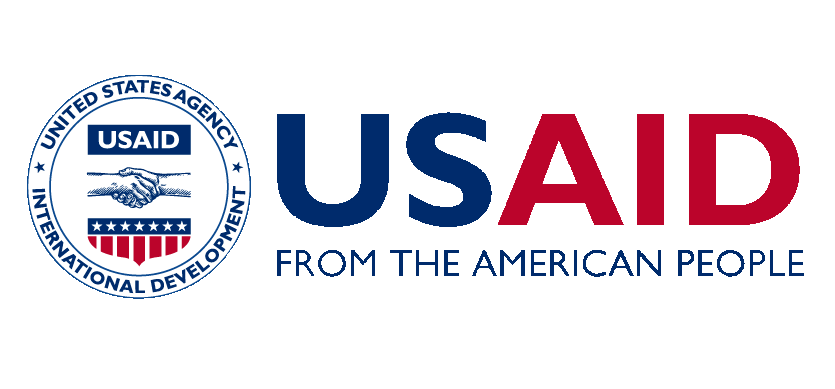Integrating Population, Health, and Environment Programs with Contraceptive Distribution in Rural Ethiopia: A Qualitative Case Study
In rural Ethiopia, environmental degradation and a shortage of arable land impose a major toll on the population. Population, health, and environment (PHE) programs, such as that of the Ethio-Wetlands and Natural Resources Association (EWNRA), have evolved to address these issues. This article examines the community-based distribution (CBD) of family planning commodities in rural Ethiopia through EWNRA’s large, multisectoral PHE program. Participants indicated that the integrated program encouraged acceptance of family planning and reduced geographic barriers to access. Through peer education and collaboration across government ministries, EWNRA leveraged integrated population–environment messages to garner support for its network of CBD providers. These integration strategies are a model for PHE programs worldwide, especially amid the global response to climate change. Because of the complex nature of PHE organizations, researchers often find it difficult to effectively document and evaluate their programs. With this in mind, the article proposes a framework to assess PHE integration.
Year: 2015
Source: Studies in Family Planning





